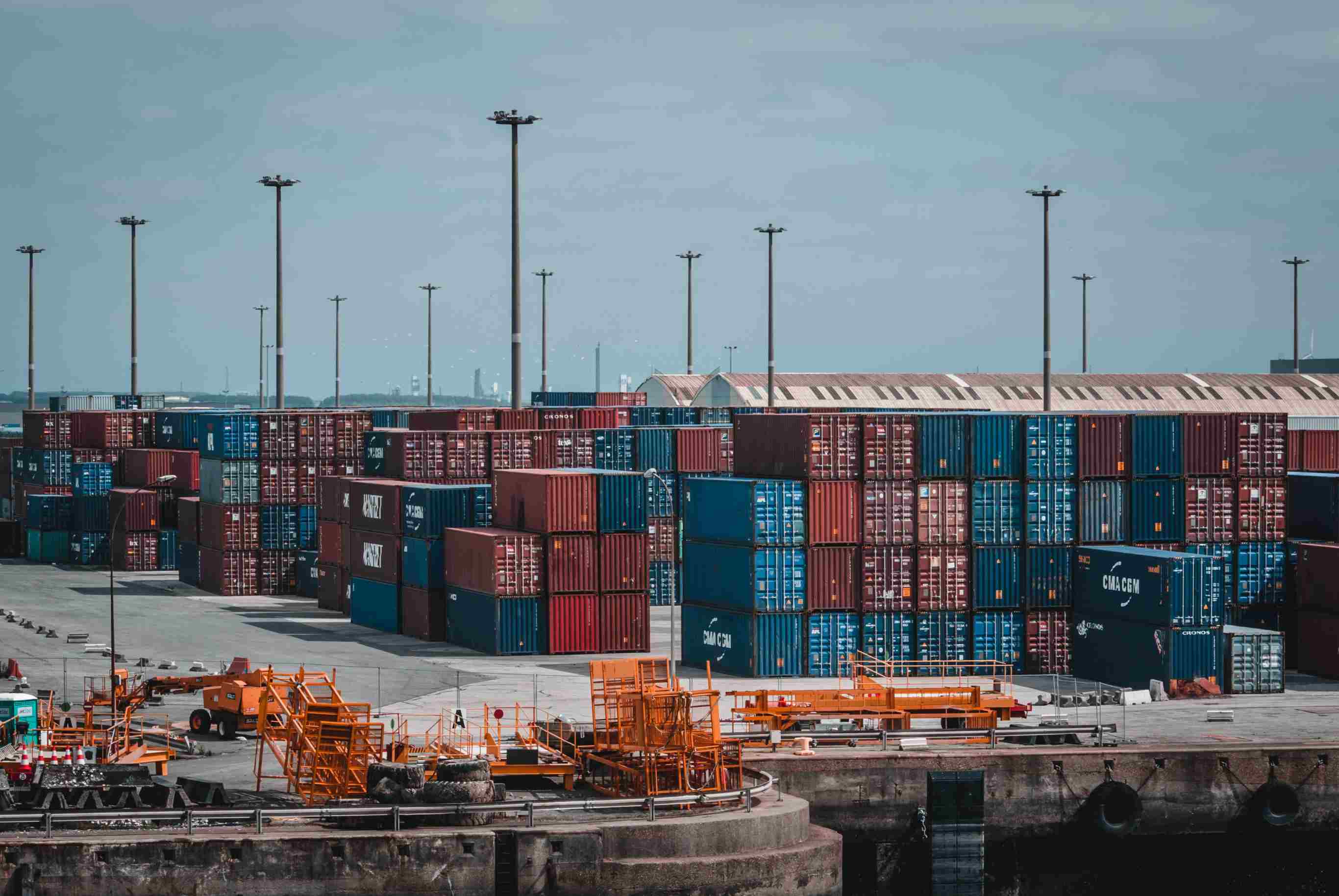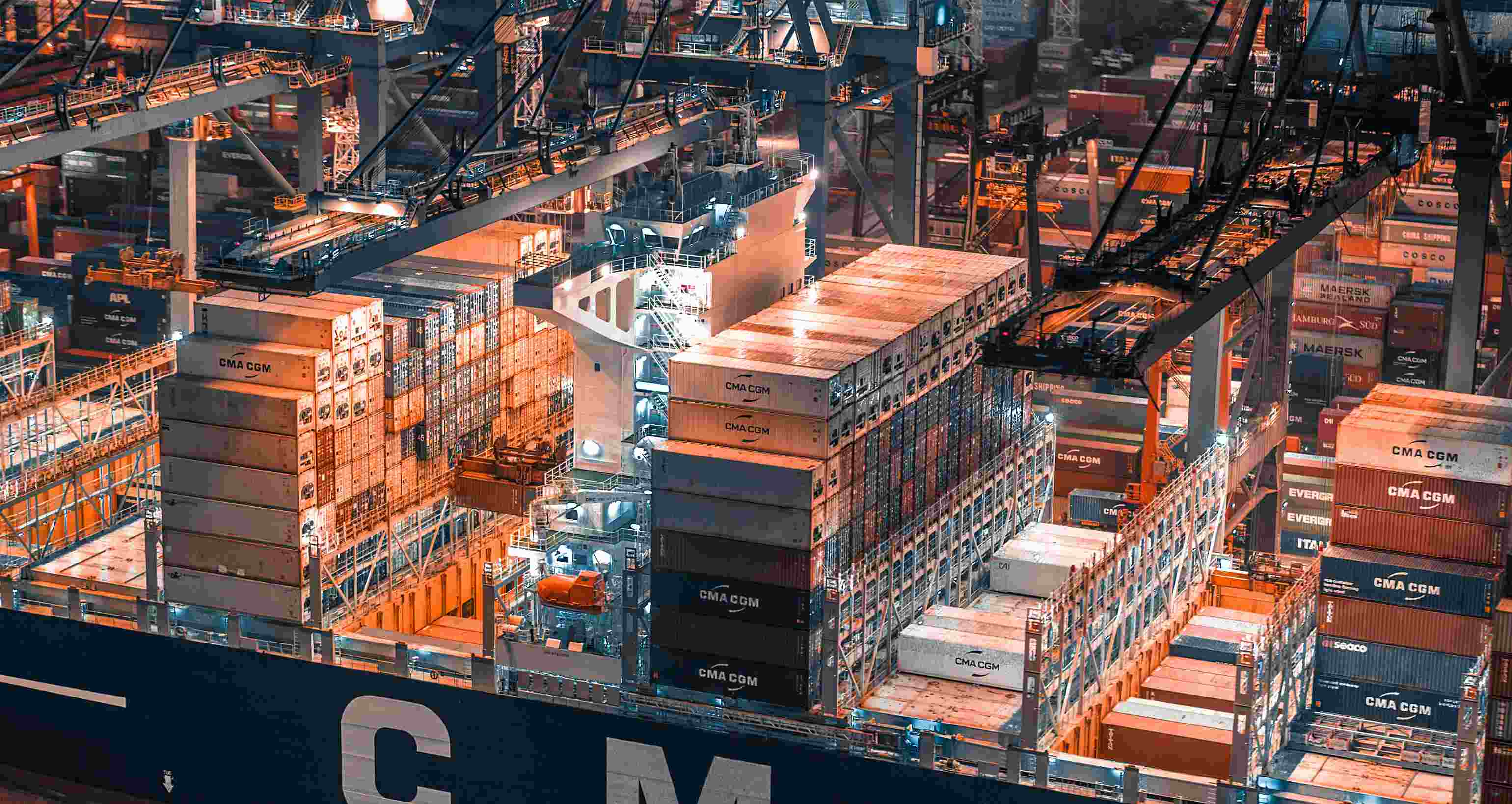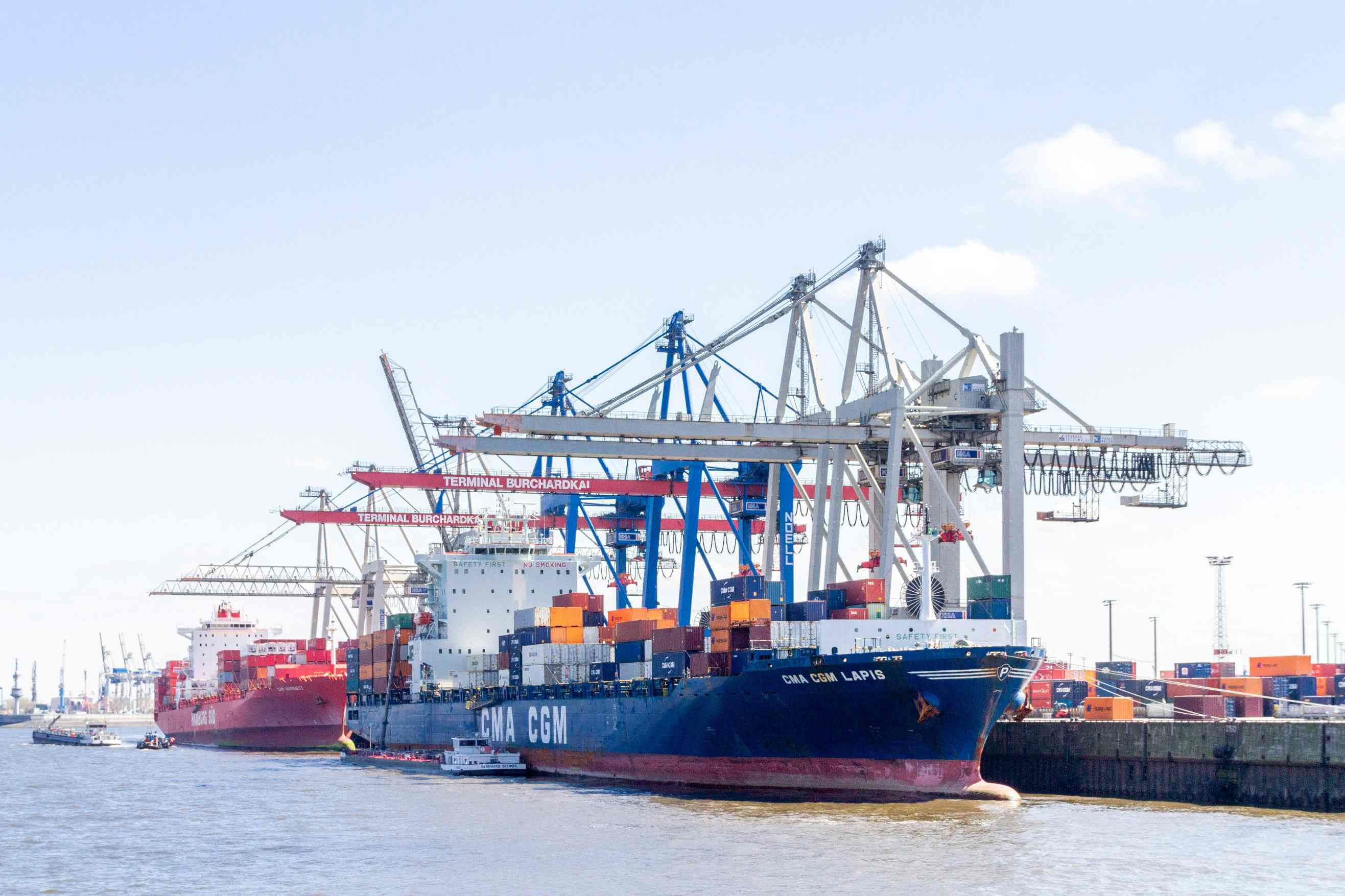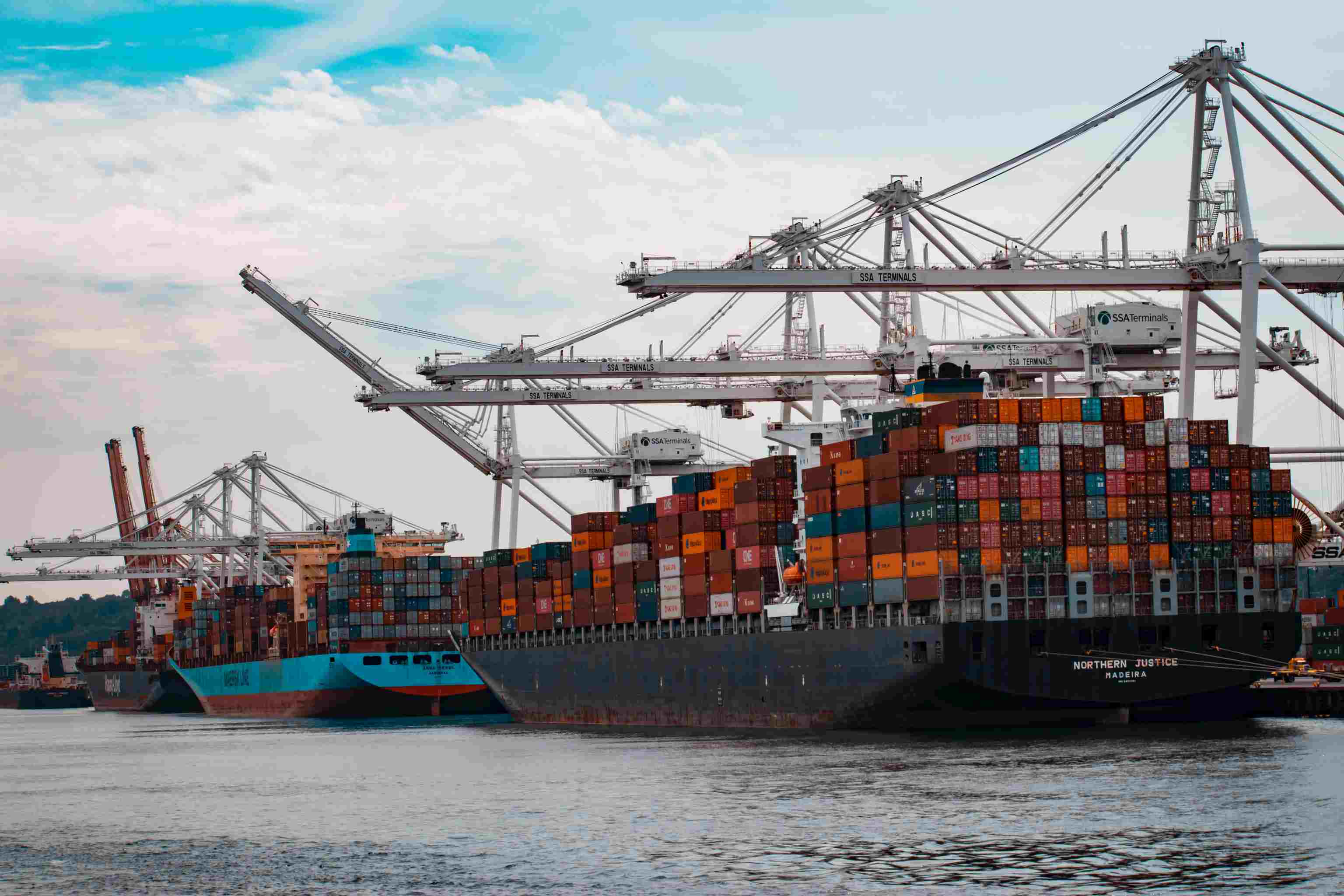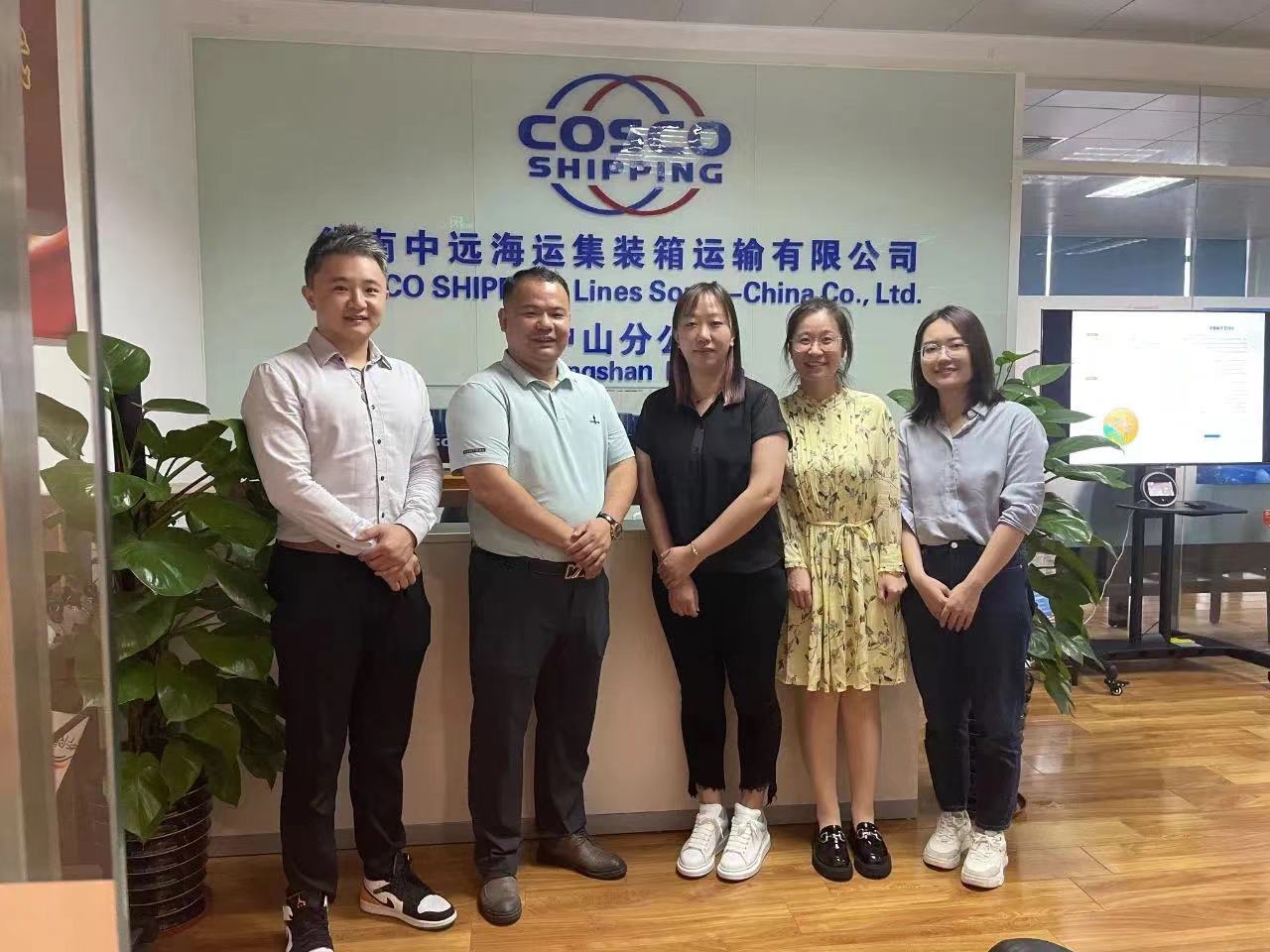The shipping industry in the digital age must achieve self-breakthrough
Recently, Mike Fang, President of Greater China, the world ’s largest container shipping company, said in the Global Container Ship Transport Conference held in Hamburg, Germany, that in the digital era, the container shipping industry must realize itself before it is intervened by outside parties. breakthrough.
Fang Xuegang: The shipping industry in the digital age must achieve self-breakthrough
Recently, Mike Fang, President of Greater China, the world ’s largest container shipping company, said in the Global Container Ship Transport Conference held in Hamburg, Germany, that in the digital era, the container shipping industry must realize itself before it is intervened by outside parties. breakthrough.Shipping tracking
Wu Fangxuegang pointed out that in the current container shipping logistics chain, shippers are plagued by many "pain points", including inability to deliver goods on time and heavy paperwork. Digitalization has shaken many industries, and Maersk is seeking effective ways to solve the pain points of our own industry. "We must break through ourselves first, because if we don't, others will do the same."
Recently the shipping industry has partnered with retailers to build e-commerce companies, such as Amazon, Alibaba and Walmart. Transas CEO Frank Coles said the move is similar to what happened in the aviation industry, and these giants may decide to enter the shipping industry through asset acquisitions in the near future, not just in cooperation with shipowners.
Maersk Line is also aware of the risks. "It's hard to say who we're working with right now, it could be Amazon or another company. But our goal is to want to play a leadership role in this area."
Looking into the future, Maersk's logistics segment will be centered on Maersk Line, making it a leading “distribution point” in the field of container logistics, which will further expand to a series of other business segments, including shipping, storage, distribution, terminals, and traction And tugboat. Fang Xuegang said that in the future, our service will not be limited to the delivery of goods from A to B. Of course, we will not cancel this service, but just upgrade the service, because the demand for such services still exists. Our long-term goal is that the customer only needs to say to us: "This is my cargo. I only want it to be shipped to somewhere, and everything else will be delivered to you."
At present, the digital innovation of some companies generally reflects online booking of cabins and their investment in so-called blockchain technology. The pilot project launched by Chinese e-commerce giant Alibaba in January this year broke through the traditional booking rules and, in response to the most urgent needs of small and medium-sized enterprises, launched an order trading platform for direct shipping company logistics orders. Through this platform, bookings can be locked in advance. At the same time, the price is locked, the price will no longer rise after booking.
In addition, according to Fang Xuegang, "Now, customers have no binding force after booking cabins and counters. Cancellations are cancelled if they want to cancel. About 30% to 40% of orders have no following. This is not conducive to the deployment of shipping capacity. A vicious circle has formed. "In response to this long-standing headache for shipping companies, Maersk Line will bundle deeper interests with customers. This year, it is expected to take the lead in changing the rules of the game in the industry to achieve a win-win situation for both parties. Maersk Line will charge a deposit to the customer, and the customer will get a return that guarantees space and capacity. If any party breaches the contract, it will be liable.
At the same time, Maersk and IBM are working together on blockchain solutions to digitize supply chain processes and help companies manage and track the written records of tens of millions of shipping containers across the global supply chain. This solution uses blockchain technology to achieve information transparency between parties, which can greatly reduce trade costs and complexity, help companies reduce misjudgments, shorten the time spent on products during transportation and shipping, improve inventory management, and ultimately Reduce waste and reduce costs. In 2014, Maersk found that just to transport frozen goods from East Africa to Europe, it took more than 200 communications and exchanges through nearly 30 people and organizations.
Digitization will significantly increase efficiency and significantly optimize costs. Fang Xuegang acknowledged that the digitalization of the container sector is still in the "primary stage", and industry insiders "are not very clear about its direction."
"We will continue to try different approaches until we find a solution that can really solve our customers'" pain points "," he added.
